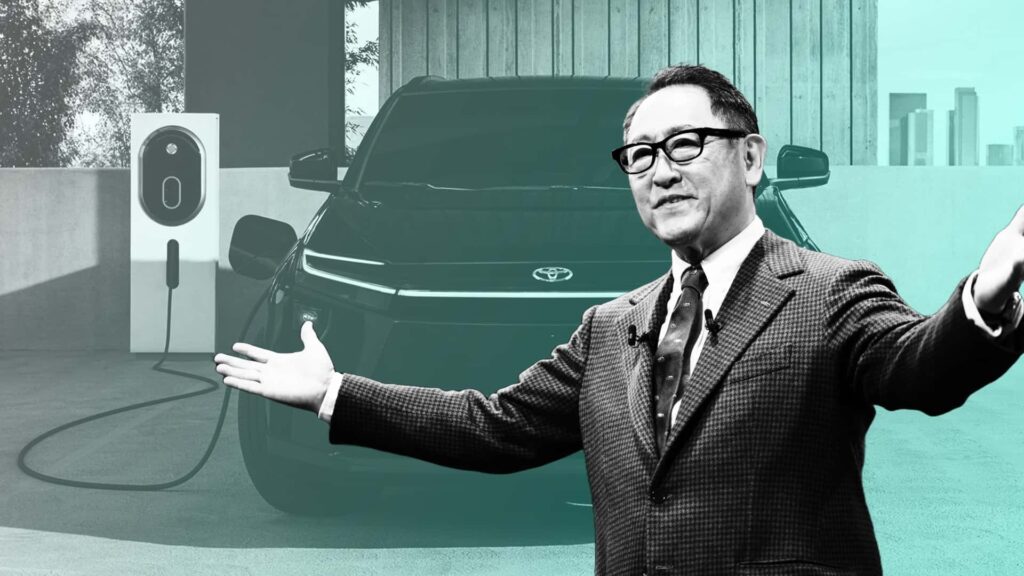Electric vehicles (EVs) have been proven to be better for the environment than combustion engine cars, with significant reductions in air pollution in cities where adoption rates are high. Despite this, the debate around the environmental impact of EVs continues, with recent comments from Toyota Chairman Akio Toyoda reigniting the discussion.
In a viral interview with Automotive News, Toyoda claimed that nine million electric vehicles produce the same emissions as 27 million hybrids, suggesting that EVs are not as environmentally friendly as they seem. He also advocated for a “multi-pathway” approach to reducing emissions, including more efficient gas engines, hybrids, hydrogen, and EVs.
While Toyoda’s comments may have been based on data specific to Japan, where electricity generation has historically relied on fossil fuels, the country’s increasing use of renewable energy sources is changing the landscape. Despite this, media outlets have seized on Toyoda’s remarks to cast doubt on the environmental benefits of EVs.
To determine whether EVs truly generate more emissions than hybrids over their lifespan, especially in the U.S., it is essential to consider factors such as regional electricity mix, driving patterns, and battery usage. While EVs may have a higher carbon footprint during production due to the mining and processing of battery materials, they quickly offset this “carbon debt” once on the road.
Studies have shown that EVs can break even with hybrids in terms of lifecycle CO2 emissions within a few years of driving, depending on the vehicle segment. The efficiency of EVs, coupled with the increasing use of renewable energy sources in electricity generation, makes them a cleaner option over time.
While hybrids and plug-in hybrids (PHEVs) have a role to play in the transition to cleaner transportation, the overall sustainability of EVs is undeniable. Their operational efficiency, lower emissions, and potential for battery recycling make them a promising solution for a zero-emission future.
In conclusion, the ongoing debate between EVs and hybrids should consider the evolving landscape of renewable energy sources and advancements in battery technology. While hybrids remain a viable option for some consumers, the environmental benefits of EVs are becoming increasingly clear. As the automotive industry continues to innovate, the shift towards electric mobility is poised to drive a cleaner and more sustainable future.

